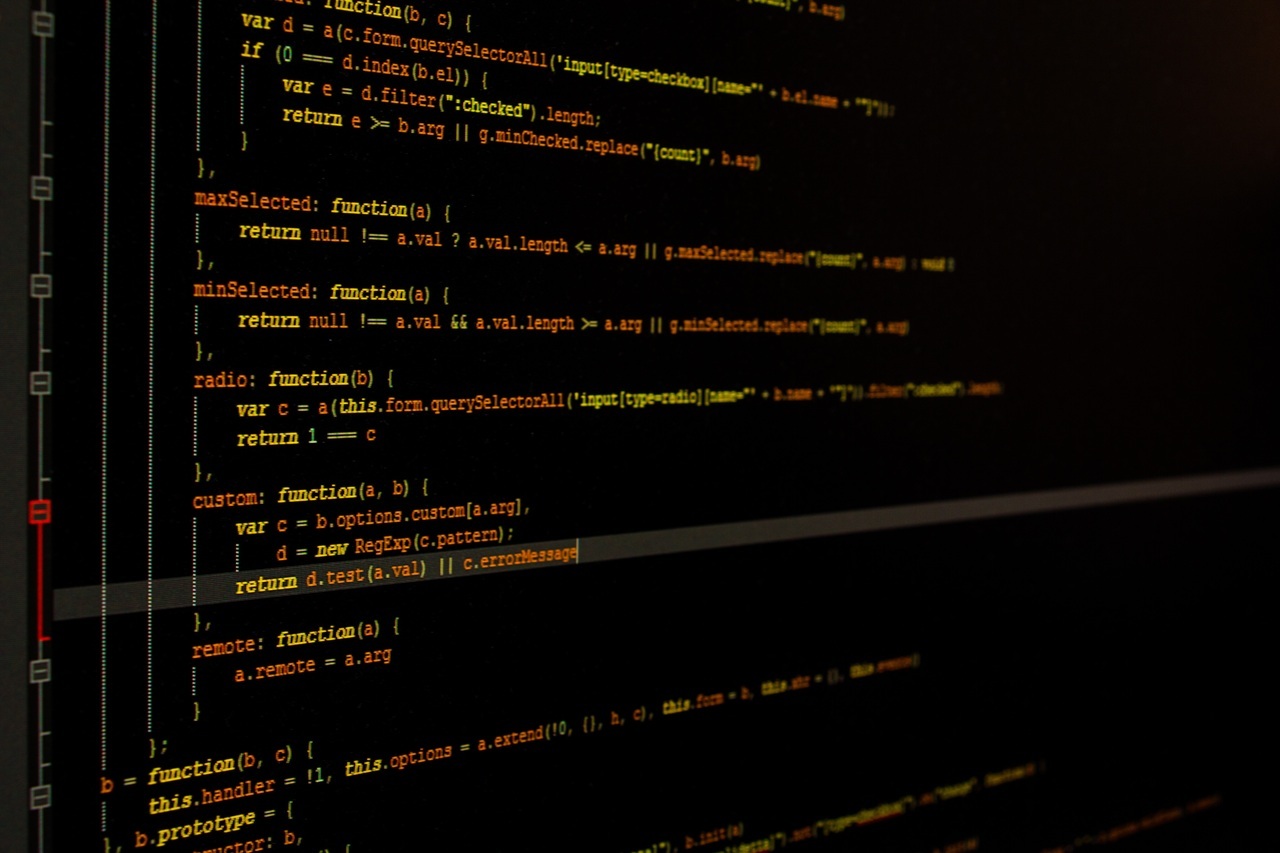A computer screen showing a programming code. CREDIT: Courtesy of PxHere.
By Jasmine Sanchez Staff Reporter
Opening a search engine and typing the question, “Who has won the most soccer world cup goals?” offers a profound answer. The algorithms of the search engine will scout through the internet in seconds to provide an answer, but not the correct one.
It will bring forward the name Miroslav Klose, a professional soccer manager and retired striker. By his name will be the total number of goals scored across four tournaments: 16. The internet will say he is the top scorer in the history of the Federation Internationale de Football Association (FIFA) World Cup. Every time the question is typed into a search engine, his name is determined to be the answer.
Klose, in fact, did score a total of 16 goals, however, he has not scored the most world cup goals. The person who achieved this accomplishment was Brazilian striker Marta Vieira da Silva who scored 17 goals. Her name doesn’t get recognition unless someone specifically asks for the female soccer player who has scored the most goals.
Somehow the algorithm behind search engines doesn’t quite complete its job of finding the correct answer to a person’s question. So, how could this be?
“Like all technologies before it, artificial intelligence [and algorithms] reflect the values of its creators,” Dr. Kate Crawford, a research professor at the University of Southern California Annenberg School for Communication and Journalism, published in “The AI Now Report: The Social and Economic Implications of Artificial Intelligence.”
The intellect of a machine revolves around observing and learning from presented data. Data that is processed by individuals with bias, whether unconsciously or not, leads to stereotypical concepts bleeding into the machine. Biases within the algorithm present themselves differently from what many might assume when the term is heard. It ensues through unrepresented or incomplete data to its dependence on flawed information. With time, technology perpetuates and cultivates those same biases into its archive and seeps it into the world.
Every search engine runs on its own algorithms. They are programmed to solve the search by retrieving stored information from any data structure and presenting the answer that is retained. However, each search engine grapples with bias in some capacity. The algorithms of one of the most popular search engines might show the reason.
Google Search Central, a free tool created by the tech company, allows users to check how the website performs when searching for results. According to the company, “When a user enters a query, our machines search the index for matching pages and return the results we believe are the… most relevant to the user’s query.” The results depend on the quality and relevance of each page. The algorithms constantly return to the popular pages while preventing users from finding newer ones.
A new campaign has arisen to fight back against internet bias. “Correct The Internet,” as its name suggests, calls attention to the incorrect results of search engines and urges people to help correct the wrongs of the internet.
The campaign was founded by Doyle Dane Bernbach Group Aotearo, an advertising agency, and the filming production company, FINCH. The inconsistencies of searchable facts were discovered due to the ad agency pitching for the FIFA Women’s World Cup in New Zealand. Upon their research, they noticed the women held many soccer records but the ungendered questions were fallaciously answered.
Lex Hodge, the director of FINCH, described how shocking it was that “the place we gather information from just isn’t giving us the facts.” The campaign, created to highlight the inconsistencies of search results, acts as a tool for others to help improve answers. At the moment, the campaign solely focuses on the incorrect results of sports but they still provide a method to help combat internet bias for all other general incorrect results.
The Correct the Internet campaign understands how to fix the issue. Shining a spotlight on the inaccuracies and inconsistencies of the algorithm and furthermore adding urgency to act. It is a collaborative process to reverse the biases ruling the algorithms of search engines.

